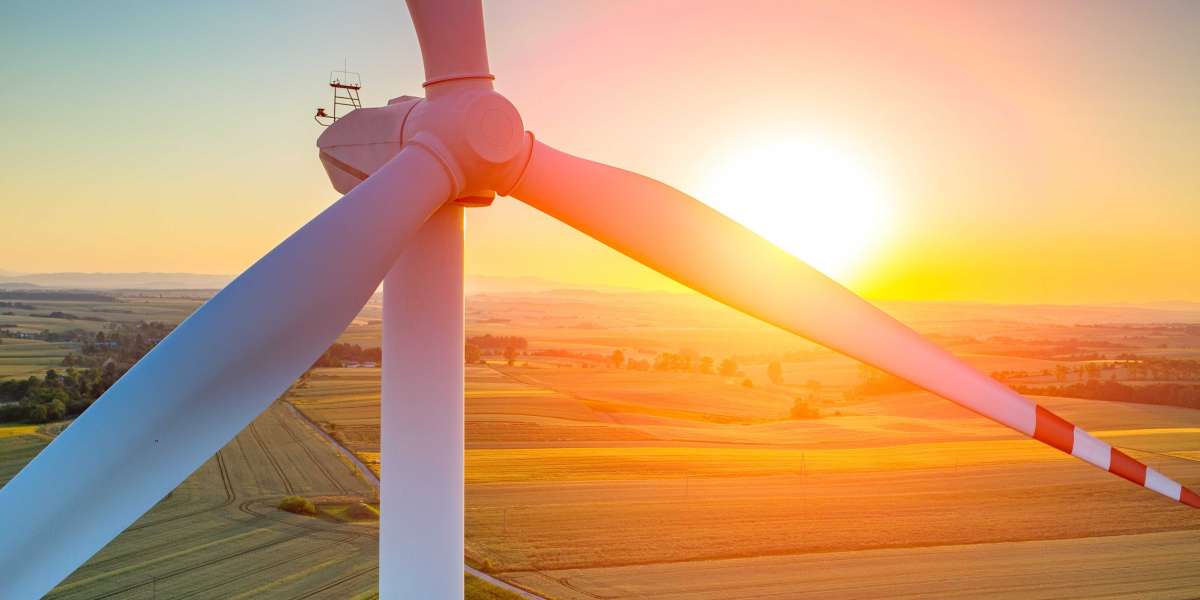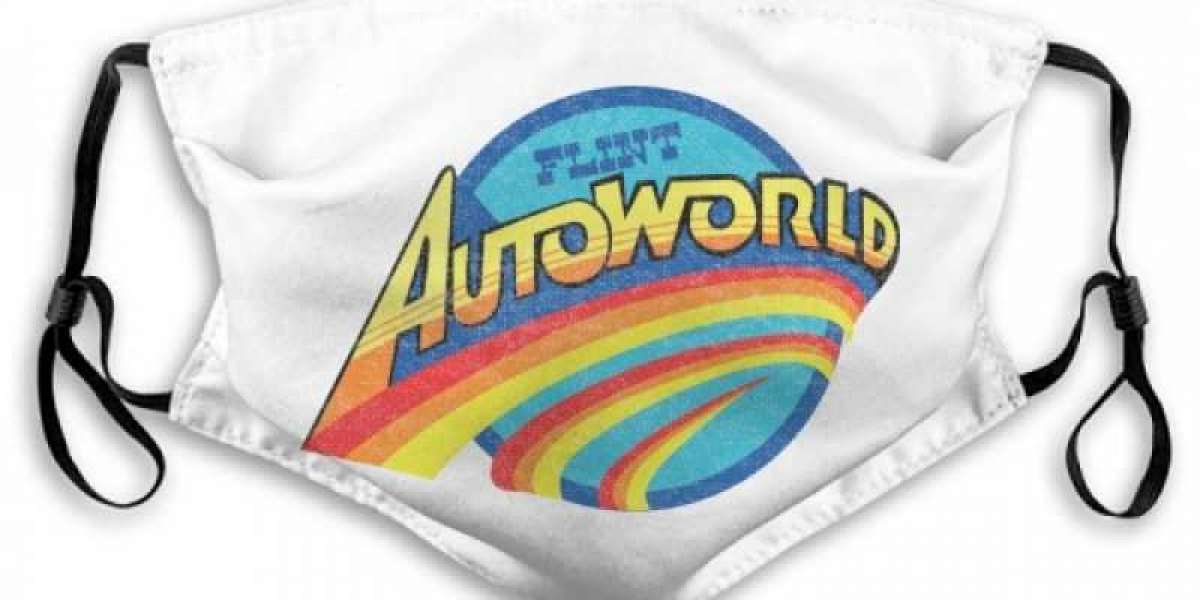Yes, you can charge solar panels with a light bulb, albeit with some limitations and considerations. To understand how this works, let's delve into the principles behind solar panels and their interaction with light bulbs.
Light bulbs emit light by converting electrical energy into light energy. Incandescent bulbs produce light by heating a filament until it emits photons, while fluorescent and LED bulbs produce light through different mechanisms. Regardless of the type, light bulbs emit photons, which carry energy.
When a light bulb shines on a solar panel, its emitting photons can still excite electrons within the photovoltaic cells, albeit less efficiently than direct sunlight. This means that while you can charge a solar panel with a light bulb, the charging rate will be much slower than direct sunlight. The intensity and spectrum of the light emitted by the bulb also influence the efficiency of the charging process.
Here are some key factors to consider when charging solar panels with a light bulb:
- Intensity of Light: The brighter the light bulb, the more photons it emits, increasing the potential for charging the solar panel. Higher-wattage bulbs generally emit more light and can charge the panel faster.
- Distance and Angle: Proximity to the light source matters. Placing the solar panel closer to the light bulb ensures more photons reach the panel, enhancing the charging efficiency. Additionally, angling the panel towards the light source optimizes photon absorption.
- Light Spectrum: Different light sources emit light at various wavelengths. While solar panels are most efficient at capturing sunlight, they can still absorb photons from artificial light sources. However, the spectrum of the light bulb might not match that of sunlight precisely, affecting the charging efficiency.
- Type of Solar Panel: Some solar panels are designed to perform better under low light conditions than others. Thin-film solar panels, for example, are more tolerant of varying light conditions and may perform better with artificial light sources than traditional crystalline silicon panels.
- Charging Time: Charging a solar panel with a light bulb will take longer than charging it with direct sunlight. It's essential to be patient and allow sufficient time for the panel to accumulate charge.
Despite the slower charging rate, charging solar panels with light bulbs can still be useful in certain situations. For instance, in indoor environments with limited sunlight or during cloudy days when natural light is scarce, light bulbs can maintain a trickle charge on the solar panel, ensuring it remains operational.
In conclusion, while charging solar panels with a light bulb is possible, the process is less efficient than using direct sunlight. Light intensity, spectrum, distance, and panel type influence the charging rate. Nonetheless, leveraging light bulbs for charging can be practical in environments with insufficient natural light, albeit with longer charging times.








